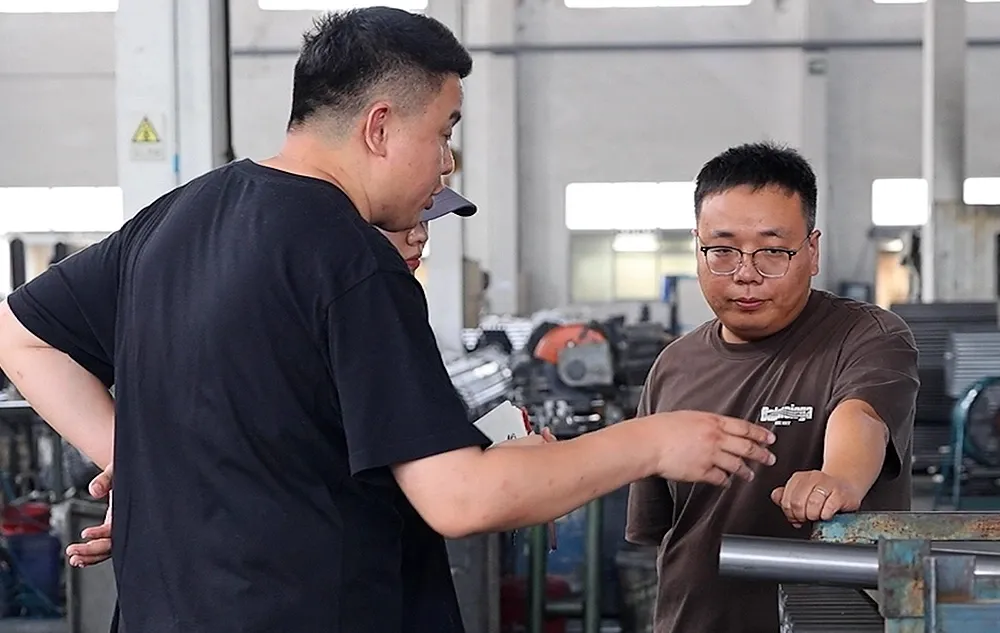
Mechanical hardware parts are essential components in a wide range of industries, including aerospace, automotive, construction, and manufacturing. These parts play a crucial role in the functioning of machines and equipment, providing support, stability, and precision in various applications.
One of the most common mechanical hardware parts is the fastener. Fasteners such as bolts, nuts, screws, and rivets are used to securely join two or more components together. These fasteners come in a variety of sizes, materials, and designs to suit different applications. For example, high-strength bolts are used in construction to hold together steel beams, while small screws are used in electronic devices to secure components in place.
Another important mechanical hardware part is the bearing. Bearings are used to reduce friction between moving parts in machinery, allowing for smooth and efficient operation. There are different types of bearings, including ball bearings, roller bearings, and sleeve bearings, each with its own set of advantages and applications. Bearings are commonly used in vehicle engines, industrial machinery, and household appliances to support rotating or moving parts.

In addition to fasteners and bearings, other common mechanical hardware parts include springs, seals, gears, and shafts. Springs are used to store and release energy, providing tension or compression in mechanisms such as door hinges or suspension systems. Seals are used to prevent leaks and contamination in machinery by creating a barrier between two components. Gears are used to transmit power and motion between shafts, controlling the speed and direction of rotation. Shafts are used to support and connect rotating components, such as wheels, pulleys, or gears.
Overall, mechanical hardware parts are essential for the proper functioning of machines and equipment in various industries. These parts are designed to provide strength, stability, and precision, ensuring that critical components work together effectively. Whether it's holding materials together, reducing friction, storing energy, or transmitting power, mechanical hardware parts play a crucial role in the performance and reliability of mechanical systems.
Therefore, it is important for engineers, designers, and manufacturers to carefully select and maintain mechanical hardware parts to ensure optimal performance and safety in their products. By understanding the functions and specifications of different parts, they can choose the right components for their applications and prevent costly failures or downtime. With the right mechanical hardware parts, machines and equipment can operate efficiently, reliably, and safely for years to come.